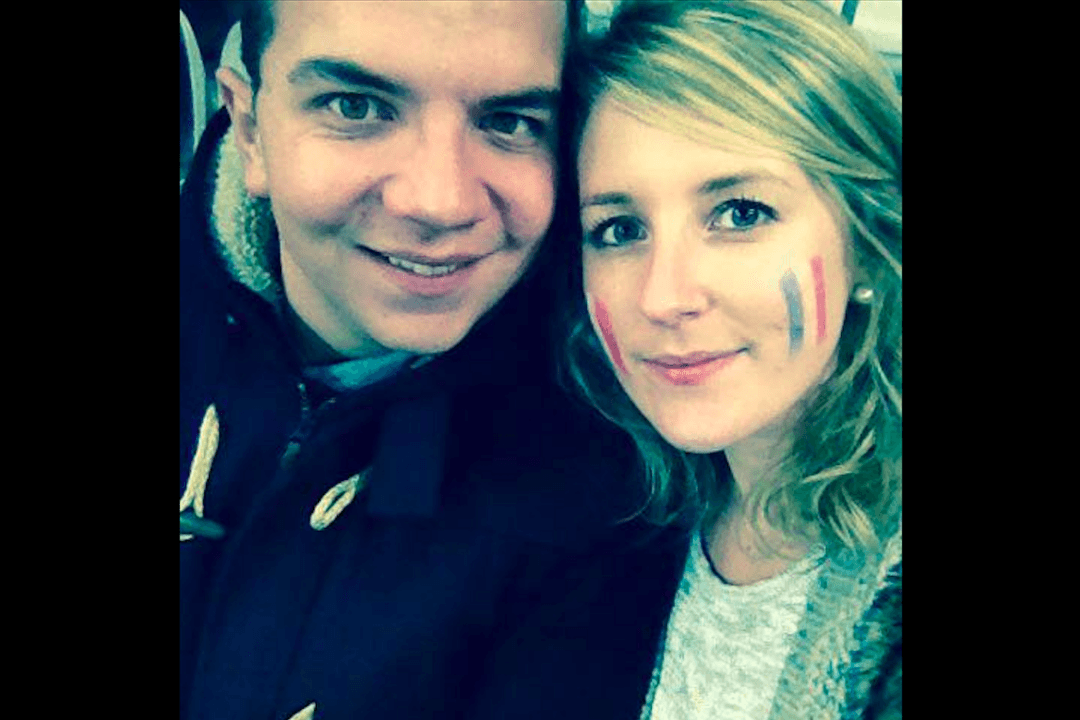Fifteen minutes into the soccer match at Stade de France, there was a blast. Five minutes later, another. Coralie Dantan, 25, looked over at her boyfriend. He told her it was nothing. Firecrackers were common at European soccer games. But these were strange firecrackers, she remembered thinking, how could they blast in the stadium without smoke?
It was Dantan’s first time at Stade de France. She pushed the thought away and tried to enjoy the game.
Little did the fans know, at least one suicide bomber had tickets to the game but failed to pass security.
During halftime, one of her friends went to the restroom. He returned with a wan face.
On his way out, he met a fan who told him that three bombs had detonated outside the stadium, and shootings were beginning to happen throughout Paris.
Dantan realized that the mysterious blasts she heard earlier were bombs. Word was spreading. Many fans stopped paying attention to the game.
A large portion of the 80,000 people in the stadium began texting and checking their phones for news. Cellphone signals wavered. Dantan saw a helicopter fly over the stadium.
The game carried on.
French soccer federation head Noel le Graet later said that the attacks weren’t announced to the fans or the players to avoid mass panic. Since the bombs had gone outside of the stadium, it was safer for fans to remain inside.





